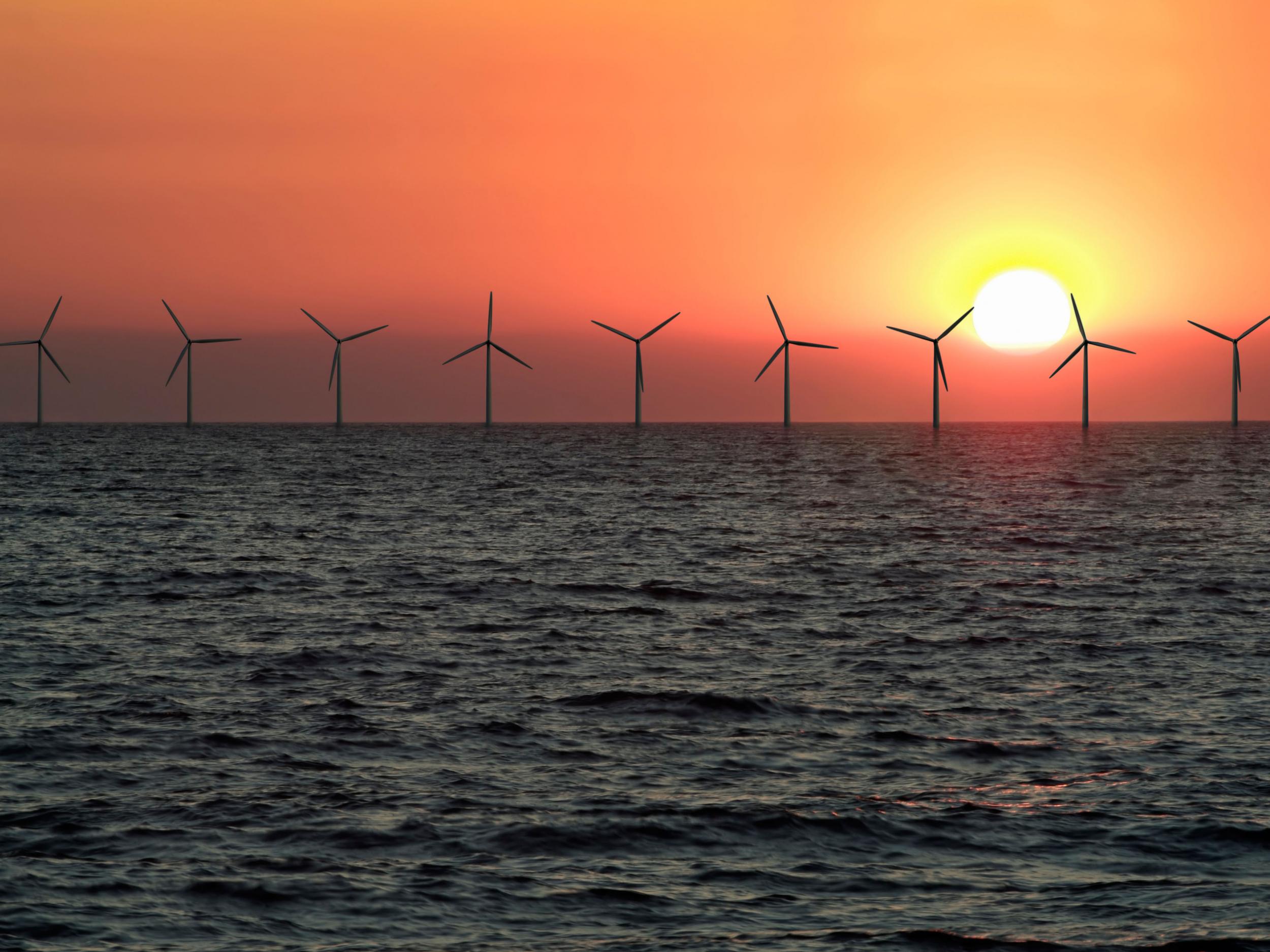Your support helps us to tell the story
From reproductive rights to climate change to Big Tech, The Independent is on the ground when the story is developing. Whether it's investigating the financials of Elon Musk's pro-Trump PAC or producing our latest documentary, 'The A Word', which shines a light on the American women fighting for reproductive rights, we know how important it is to parse out the facts from the messaging.
At such a critical moment in US history, we need reporters on the ground. Your donation allows us to keep sending journalists to speak to both sides of the story.
The Independent is trusted by Americans across the entire political spectrum. And unlike many other quality news outlets, we choose not to lock Americans out of our reporting and analysis with paywalls. We believe quality journalism should be available to everyone, paid for by those who can afford it.
Your support makes all the difference.Brussels unveiled a €1 trillion investment plan to fight climate change on Tuesday, laying out a roadmap which would put the EU on the path to becoming the first carbon-neutral continent by 2050.
The European Commission's proposals would dedicate around a quarter of the EU budget to the task, with a new mechanism to help regions facing disruption because of the transition to a net zero-carbon economy.
The latest proposal for a "Just Transition Mechanism" is a bid by Brussels to convince coal dependent member states like Poland to get onboard with the plan.
The new European Commission president Ursula von der Leyen, who leads the EU's executive arm, has made a "green deal" the centrepiece of her mandate, but needs to convince lower income countries in the east of the bloc that it is worth their while.
The mechanism would allocate cash based on specific criteria such as how many people work in coal mining or shale gas in any given region. Money could be spent on "re-skilling" workers or "investment in new productive activities", EU officials said.
To qualify for money, member states would have to put forward plans to restructure their economy on low-carbon lines, which would have to be signed off by the Commission.
Ms von der Leyen says that under the broader investment plan, half of the cash would come from the EU budget. National governments would also contribute €100 billion, with €300 billion from the private sector.
Another €7.5 billion would be come from the EU's own 2021-2027 budget to act as seed funding to leverage a further €100 billion in investment.
"The transformation ahead of us is unprecedented. And it will only work if it is just - and if it works for all," said Ms von der Leyen.
"We will support our people and our regions that need to make bigger efforts in this transformation, to make sure that we leave no one behind. The Green Deal comes with important investment needs, which we will turn into investment opportunities.

"The plan that we present today, to mobilise at least €1 trillion, will show the direction and unleash a green investment wave.”
Some EU countries plan to go further than decarbonising by 2050. Finland is leading the pack with plans to become carbon-neutral by 2035. The UK has plans to become carbon neutral by 2050, though the opposition Labour party has proposed making substantial progress to carbon neutrality by 2030.
The IPCC, the global authority on climate change, says limiting warming to 1.5C – widely regarded as a tipping point – will require carbon emissions from 2017 levels to be cut in half by 2030, with full carbon neutrality by 2050.
The European Parliament will take an indicative non-binding vote on the Green Deal plans on Wednesday, while Ms Von der Leyen says she wants the climate law to be in place by March.

Join our commenting forum
Join thought-provoking conversations, follow other Independent readers and see their replies
Comments